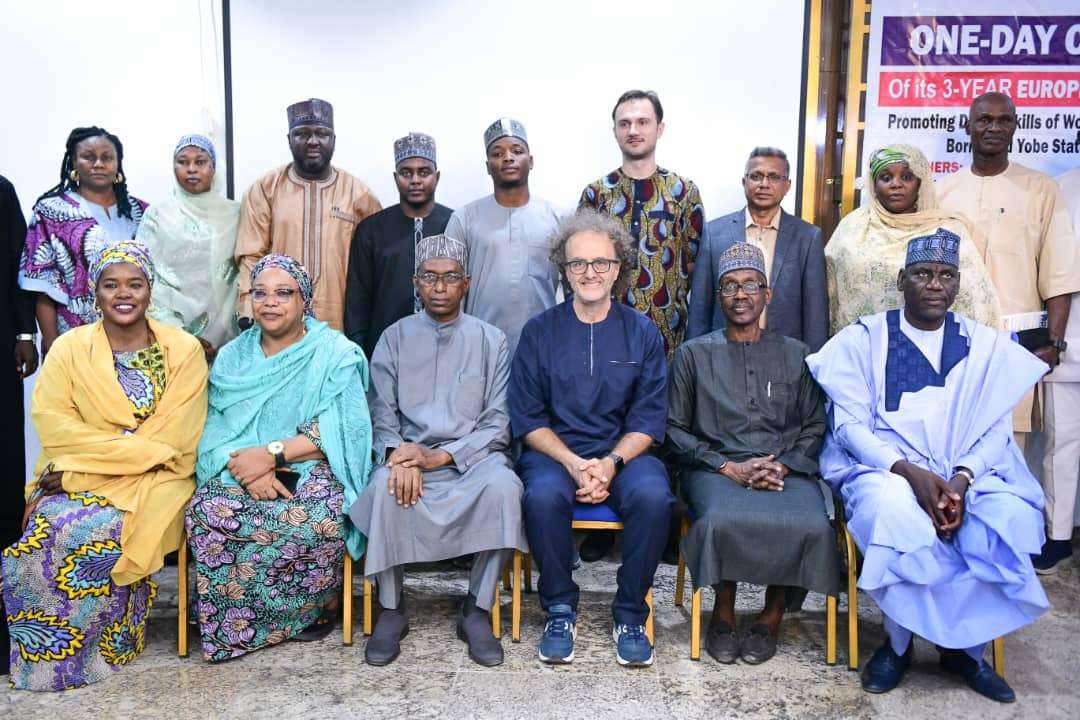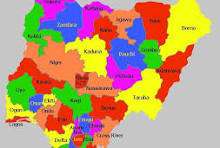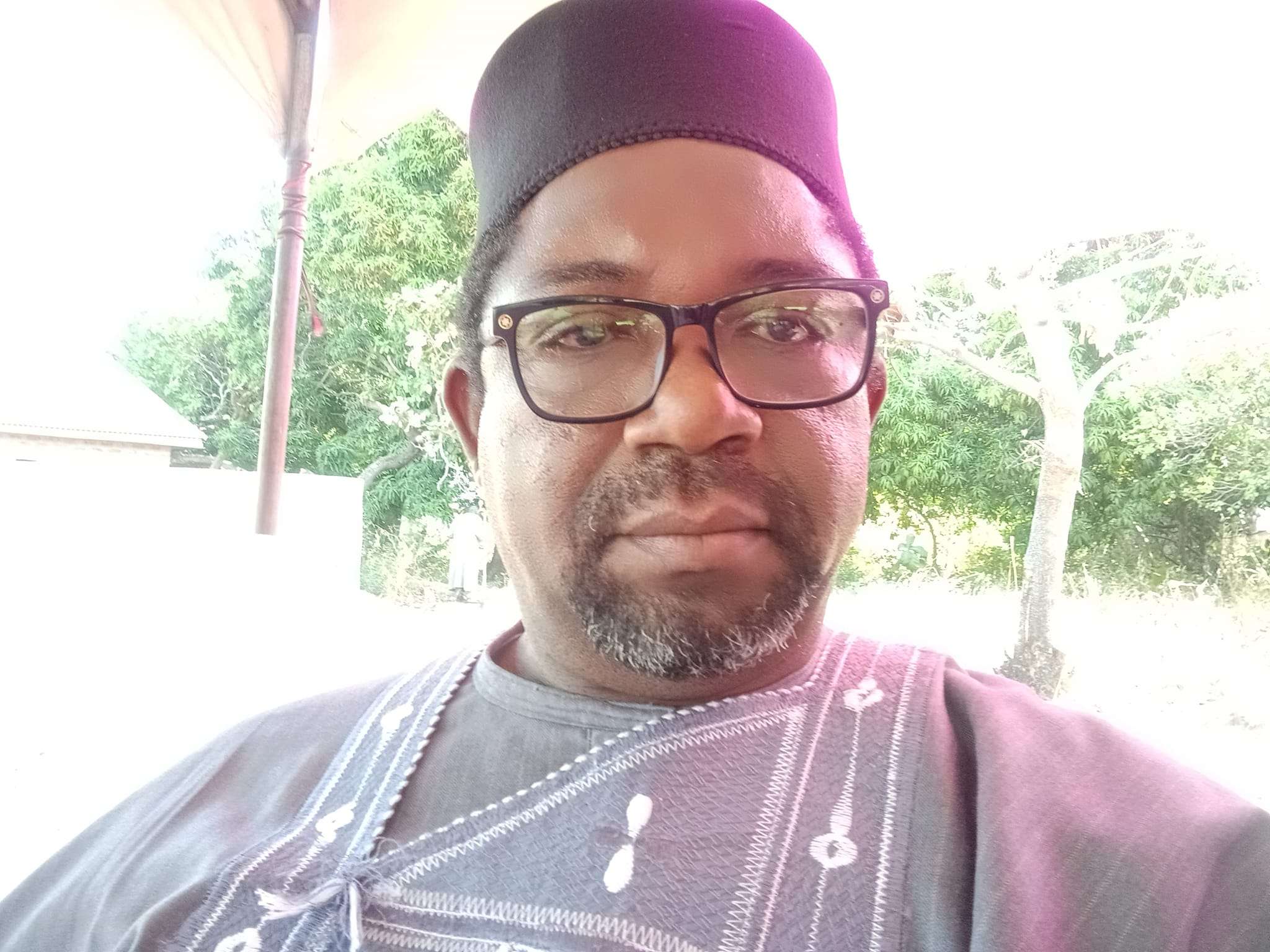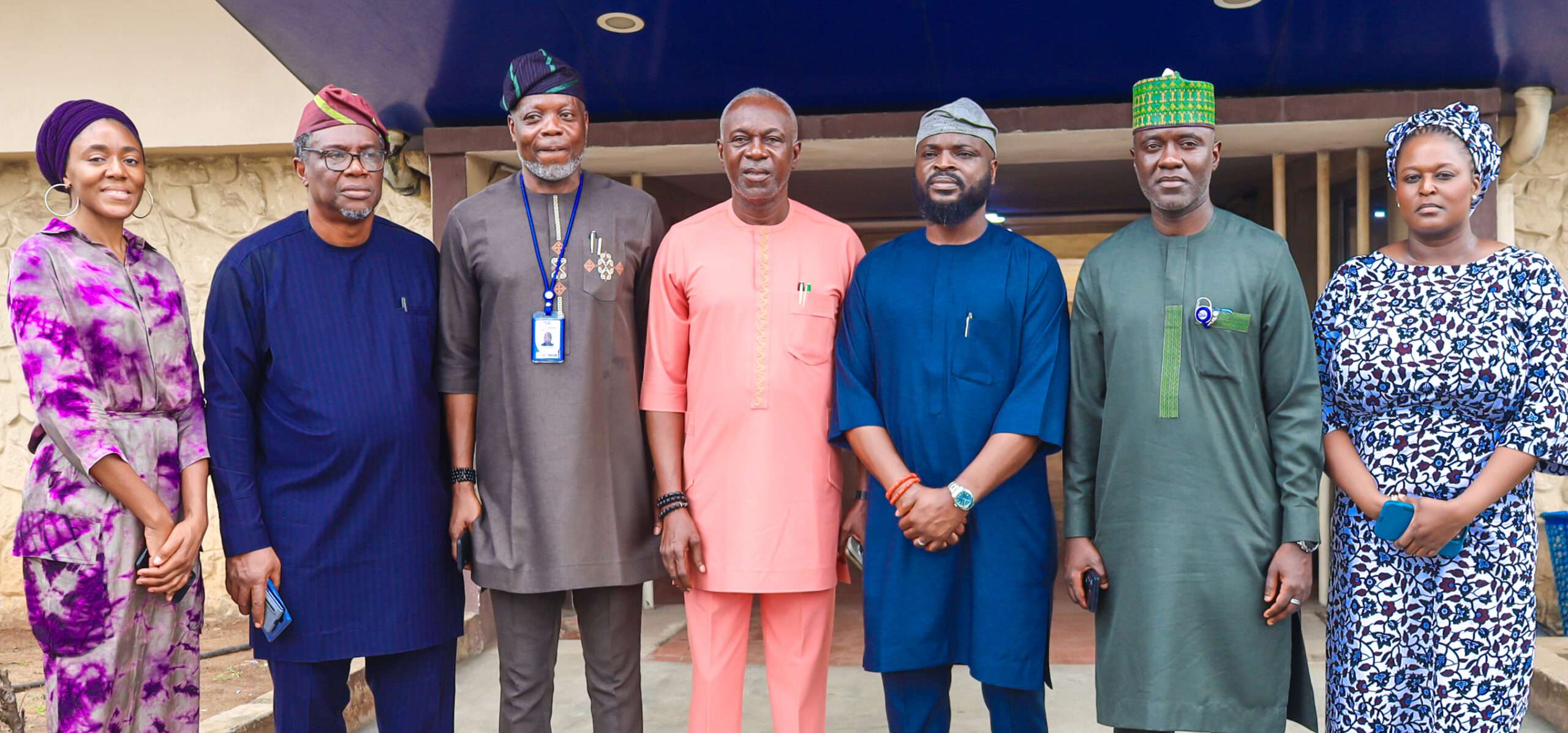The Federal Government has pledged commitment to meet at least 30 percent of maternal, newborn, and child health targets by 2027.
Special Adviser to the President on Health, Dr Salma Anas made the pledge on Saturday in Abuja, at the 8th annual conference of the Association of Nigeria Health Journalists (ANHEJ) themed, “Sector-Wide Approach Effectiveness in addressing poor health outcomes: The role of the media.”
Anas who acknowledged the country’s poor performance in antenatal care, skilled birth attendance, and family planning uptake, said there was an urgent need to address maternal and child health differently, using innovative approaches and community
engagements.
She said: “We need to do things differently. Engaging communities, religious leaders, and grassroots organizations is critical to making progress. The modest gains we have made are not enough; we must double our efforts.”
“Under the leadership of His Excellency, President Bola Tinubu, we have discussed the commitments at the beginning, we discussed and shared last year, of which we said he’s committed to ensuring that all Nigerians, irrespective of where they live, what they are, their socio-economic status, their gender, they have access to quality health care services in Nigeria. And he is also committed to ensuring that we attain Universal Healthcare Coverage.
“We have indicators around maternal, newborn, and child health. And we have committed to ensure that we achieve at least 30 per cent of the targets by 2027, so that commitment remains. And the Honorable Coordinating Minister of Health, under his leadership and the team, are working assiduously using the sector-wide approach, and also the national health sector renewal investment, to achieve and realise the commitments of President Bola Tinubu. So I can comfortably say today, one and a half years down the line, we are on track.”
While pointing out some of the commitments President Bola Tinubu promised to address.in terms of the health and wellbeing of Nigerians at the beginning of his administration, Anas noted that great work was going on to to improve the quality of health care delivery, especially at the subnational level to primary health care
“If you look at all the pillars that we have shared with you, you can score us. Issues of governance and coordination, issues of health sector reform around human resources for health, having a migration policy at the federal level, which will be rolled out nationwide, the issues of local manufacture and production to encourage and create an enabling environment for potential manufacturers in Nigeria, and the human resources capacities are currently being developed.
“We are working assiduously to improve the quality of health care delivery, especially at the subnational level, to the largest platform, the primary health care. So a lot of investment. There has also been an expansion of the national health insurance coverage, and state governors are also expanding.”
The President’s aide who however said they were some significant gaps that require increased efforts to address, said there was need to intensify actions at the subnational level, where majority of Nigerians were located.
“I’m glad to mention the efforts in strengthening the local government through the local government autonomy. We’ve also begun engagement with the Association of Local Governments in Nigeria, defining their roles, and responsibilities, and leveraging opportunities that exist, and how they can harness those opportunities to achieve results within the shortest possible time
“We are truly convinced that it is doable, it is possible because if the majority of Nigerians can access services at a functional primary health care facility, I think we will be able to deal with more than 80 to 85 per cent of our health problems within that locality, and then strengthen an effective referral system between the primary health care facilities and the secondary health care facilities, as well as with the teaching hospitals.
“I have also seen the efforts of the government under the leadership of His Excellency President Bola Tinubu, the commitment to strengthen and upgrade our tertiary institutions. I’m glad to mention these efforts are also ongoing. State-of-the-art centres are being established for oncology and diagnostics in partnership with the Nigeria Sovereign Investment Authority, the Federal Ministry of Health, and then upgrade in the area of equipment, human resources, and digitalisation.”








